PRETORIA: Fourteen years after Nelson Mandela proclaimed the birth of the rainbow nation after 350 years of white oppression, a comedy has popped up on South African television called Coconuts. By the end of the first episode, a white family, who takes a black maid on its caravan holiday so she can do the dishes, has been punished for its prejudice and turned black. The black maid wakes up to find herself much paler.
From then on it is debatable whose misery is greater — the shocked former white people who blame the new order for their situation (“I’m telling you, it’s this damn government. This affirmative action thing, it’s gone too far”), or the maid who laments the misfortune of being black under apartheid and white under African National Congress rule. The programme runs headlong in to issues underpinning race relations in the new South Africa: white grievances at loss of privilege, a new generation of teen racists in schools, and what sometimes seems to be white people’s instinctive fear of black people in groups.
Even the programme’s title touches a nerve, with “coconut” an increasingly popular form of abuse directed at black people who question the new orthodoxies on race (black on the outside, white on the inside). But perhaps most telling is that the comedy has resonance in the new South Africa.
A generation after Mandela walked free, race sometimes seems as dominant an issue today as it was in the darkest years of apartheid. No more so than during the past week as South Africa has grappled with the significance of a video showing Afrikaner students at the University of the Free State in Bloemfontein humiliating black women.
The video prompted days of demonstrations on the campus, with some black students warning white people that they were no longer welcome at the university, and provoked angry denunciations across the country from politicians, teachers and civil rights groups. Eleven Afrikaner organisations issued a joint condemnation of the video as “disgusting”.
“We cannot allow that individual students brand the Afrikaans community,” the statement says. “These students are not typical of the broader Afrikaner community’s values. This is simply not us.” That is not a universal view.
“Look at this video and you see the real South Africa,” says Billyboy Ramahlele, the university’s director of diversity. “The real tragedy is that these boys don’t see what it is they’ve done wrong. It’s not just about what’s in the video, but why they made it.”
The uproar follows other recent incidents that have raised questions about how much has changed since apartheid ended. In January, a white teenage farm boy, Johan Nel, walked into the black settlement of Skielik in the north-west of the country and shot dead four people: a mother and the three-month-old baby on her back, a 10-year-old boy and a man. Community leaders said Nel’s actions were a reflection of the deep-seated racism that still infects many rural areas. Last year, four affluent young white men were sent to prison having, as 16-year-old high school students, beaten a homeless black man to death in Pretoria. One of the four told the court that the killing wasn’t racist because he would have done the same if the victim had not been black. The judge disagreed.
The accusations are not all one way. A black journalists’ organisation prompted a heated debate last week by barring white people from a briefing with the new ANC leader, Jacob Zuma, drawing accusations of a new kind of racial exclusivity. Even a new pledge to be recited in schools has been drawn into the racial debate after the last apartheid-era president, FW de Klerk, said that its lines “recognising the injustices of our past” and honouring those who “sacrificed for justice and freedom” will condemn white children to “perpetual moral inferiority”.
Much has changed for the better. Workplaces are more integrated, with black people making up nearly a quarter of managers. So are some city schools, where the children of the white and black middle classes study alongside those of domestic workers and gardeners. What is hip for white children in the playground — particularly township slang — is determined by black students. The divisions that exist can be economic as much as racial.
A small but visible black middle class has emerged, seen around Johannesburg in the BMWs and Mercedes that were once the trappings of white wealth alone. President Thabo Mbeki has said that white people might not vote for him, but that they do accept him as their legitimate president, something many would have found unthinkable 20 years ago.
But Jody Kollapen, chair of the statutory Human Rights Commission, says that many people continue to treat others “in terms of the kind of race classification that the apartheid system left with us”.
“Given the horror of the apartheid years, where we are now is a much better place. But we are not where we wanted to be. Perhaps in some ways we were unrealistic about how formidable the challenges were. Perhaps we believed this stupid thing about being a miracle nation, but we’re not a miracle country, we’re just an ordinary country,” says Kollapen, who was defined as “Indian” under apartheid race laws.
Eric Miyeni, the author of O’Mandingo! The Only Black at a Dinner Party, a collection of his writing about race in South Africa, believes that one sign of progress is the reaction to the Free State students’ video. “I have a feeling that a lot of white people were incredibly outraged and want to do something about it, and that’s a very good way to heal as a nation. The good thing is we deal with stuff. You need a generational shift. When you have something like this happen you start to properly deal with it,” he says.
But what is said in people’s living rooms remains part of the problem. The Free State students and the youth responsible for the Skielik shootings are not products of the apartheid era — at least not directly. They were small children when Mandela was released in 1990 and raised in a time when public expressions of racism grew increasingly unacceptable. So the widespread conclusion reached by many South Africans is that the students’ behaviour reflects still deep prejudices at home. “I think that’s the saddest part of it,” says Kollapen.
“For a long time there was an assumption that the generation raised now doesn’t carry with it the baggage of apartheid and therefore we can be reasonably confident that this generation will deal with the issues of race quite differently. These are not the children of apartheid, they’re the children of democracy, and if they conduct themselves in this fashion then there’s something seriously wrong in the way in which we’re seeking to develop a common set of values.”
Large racial inequalities remain, with white people accounting for just 9 per cent of the population but 45 per cent of the country’s income. But that has not stopped widespread talk of a new anti-white apartheid and questions about whether white people have a future in South Africa.
(To be concluded)


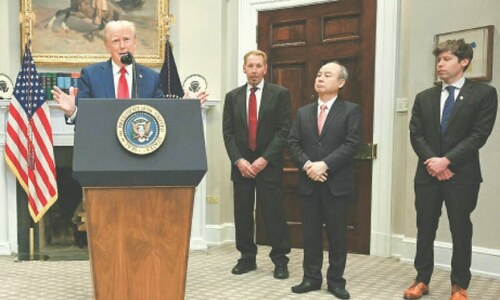












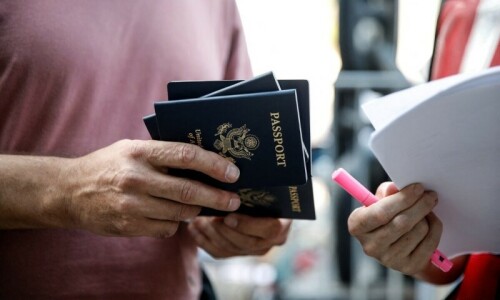




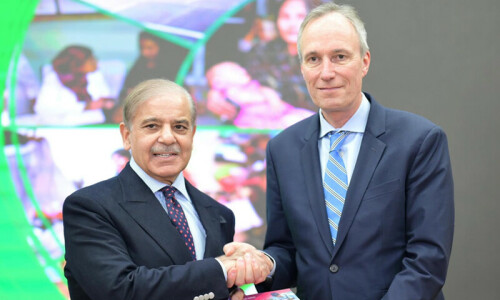


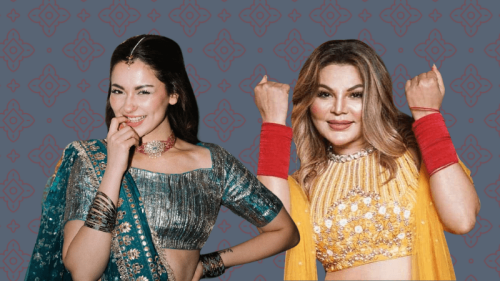











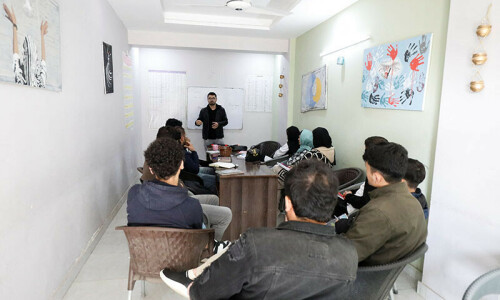
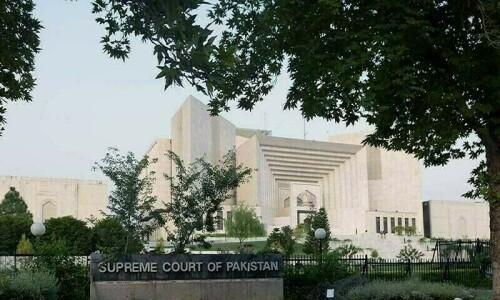

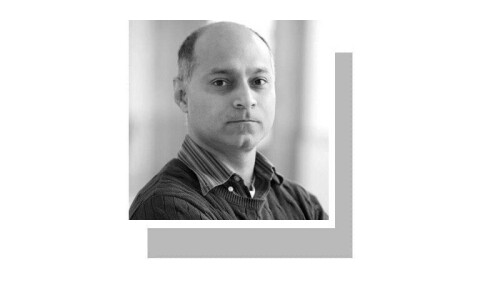

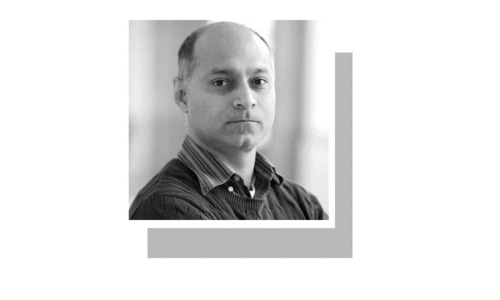
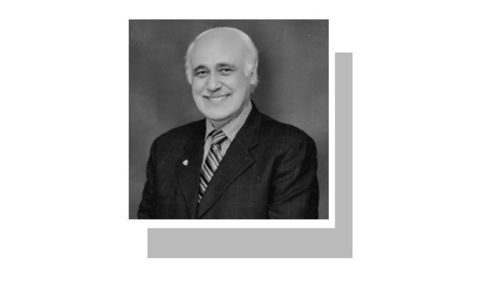
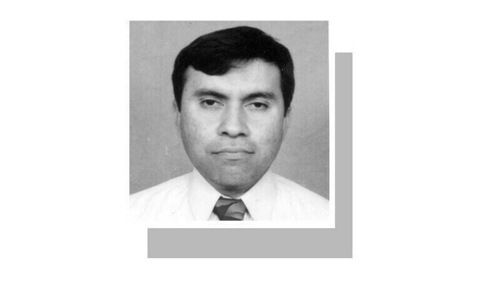

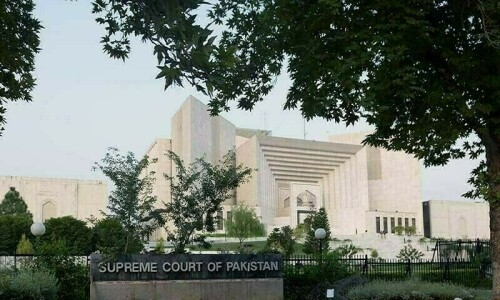




Dear visitor, the comments section is undergoing an overhaul and will return soon.